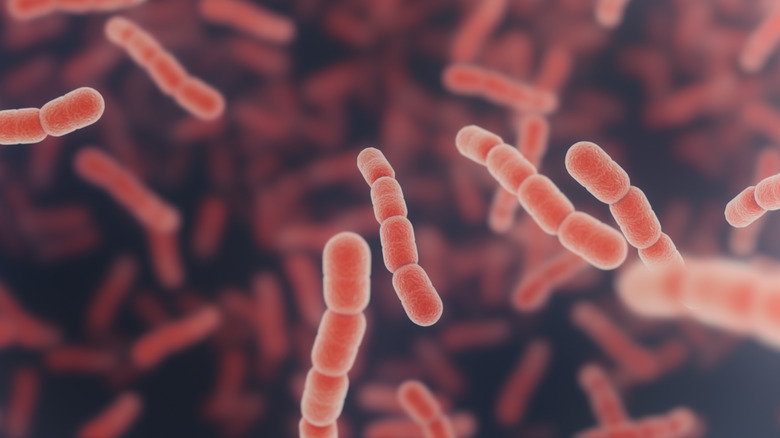What You Need To Know About Kinder Chocolates Recall
According to NBC News, Ferrero, the manufacturer of Kinder chocolate, recalled Kinder Mix Chocolate Treats Basket and Kinder Happy Moments Milk Chocolate and Crispy Wafers Assortment on Thursday, April 7. The recall was voluntary and due to a possible salmonella bacteria contamination detected in their Belgium facility where the products are manufactured.
Ferrero's statement, which is posted on the U.S. Food & Drug Administration (FDA) website, said no cases of illness in the U.S. have been connected to either product. Per the European Food Safety Authority (EFSA), an outbreak of 134 cases in 7 European countries has been linked to "specific chocolate products". The outbreak started on January 7 and is primarily infecting children under 10.
The recall comes during a time in which many households are purchasing more chocolate in preparation for the Easter holiday.
Ferrero expressed deep regret for the situation and told NBC News that they're continuing to work with the FDA in an effort to resolve the matter.
Salmonella symptoms and treatment
According to the Centers for Disease Control and Prevention (CDC), you can get salmonella from a variety of contaminated foods. The infection can spread from people to people as well as from animals to people, especially if you have pets that are given a raw food diet.
Symptoms of salmonella typically include diarrhea (sometimes bloody), fever, and stomach cramps. People who have been infected may also experience nausea, vomiting, or headaches. Symptoms can start anywhere from 6 hours to 6 days after becoming infected and can last for 4 to 7 days. If you have diarrhea accompanied by a fever of more than 102 degrees Fahrenheit, diarrhea for 3 days with little to no improvement, bloody stools, prolonged vomiting, or signs of dehydration (e.g. inability to urinate, dry mouth and throat, and dizziness when standing), then it's important to see a doctor.
A person with symptoms of salmonella may have their stool sampled to confirm the diagnosis. Upon doing so, treatments include drinking extra fluids and, in severe cases, taking antibiotics.
Salmonella can be prevented by properly storing perishable foods and washing your hands after contacting animals, using or cleaning the toilet, or changing diapers.


